Graham Reid | | 2 min read
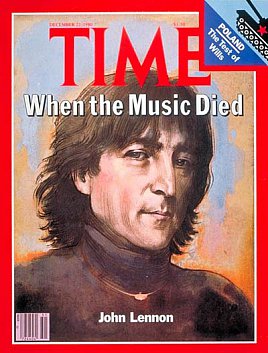
Had John Lennon lived, he would have turned 63 last month. It's interesting to speculate what kind of music he might be making today. Interesting, but pointless: Lennon never saw the trickle-down of punk and new wave; the big-hair 80s; the rise of rap, Madonna and Springsteen; Guns N' Roses, Nirvana and grunge; trends like nu-metal, nu-jazz and boy bands ...
Lennon saw none of this. Not even CDs. That's how remote he is from our time.
Lennon's now-distant time was encapsulated into his 40 years (and two months) up to December '80, so is a hermetically sealed and much-probed life. There has been every kind of Lennon book from photo-essay biographies, through politically skewed analyses, various hagiographies and Albert Goldman's muck-scraping The Lives of John Lennon (which may have been more true than Lennonites would like to accept).
As there is nothing left to say about Lennon, and rather than retelling the story with its familiar landmarks -- death of his mother, first meeting with Paul McCartney, the Hamburg days and so on -- James Henke's Lennon Legend instead goes deeper into the ephemera and trivia of this extraordinary life. 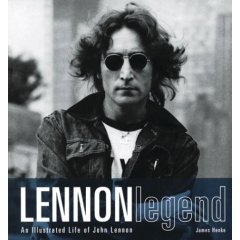
As with the similarly conceived Elvis Chronicles -- or if you will the charming children's book Griffin and Sabine - this lavishly presented hardback comes with insert facsimiles of his handwritten lyrics (In My Life, Daytripper, Lucy in the Sky with Diamonds, Beautiful Boy, Instant Karma), copies of school reports, his handmade "magazine" Daily Howl from his teenage years, the Cavern club's membership card, and early contracts for the Silver Beetles through to the War is Over poster and various artsy trivia with Yoko Ono from the late 70s.
A sceptic might note the facsimiles of lyrics were rewritten years after the event, but the rest are fascinating in a trainspotter way.
The bare outline of the story is recounted in the meagre text and there is a one-hour, spoken-word CD compiled from John 'n' Yoko co-hosting the Mike Douglas Show in '72, during which he recounted his early life and influences; a jocular radio interview from '74 where he plugs T-Rex, makes funny asides about Bowie and reads ads and the weather; and a cheerfully optimistic Lennon talking about his album Double Fantasy just days before his death.
It ends with a live-on-television version of Imagine. 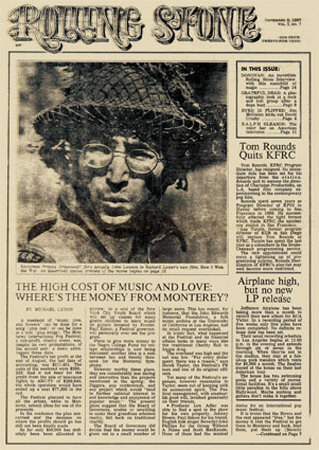
This adds nothing to what we already know of this much-canvassed life, but for Lennon completists -- or those who like the idea of having an authentic-looking cover of the first Rolling Stone featuring Lennon '67 from the movie How I Won the War framed in the living room -- this will doubtless provided many, many minutes of enjoyment.


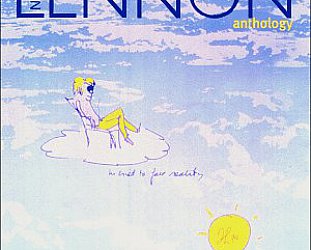
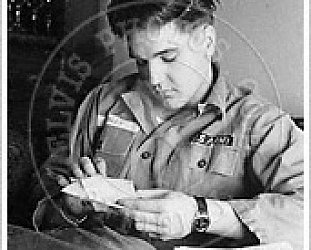

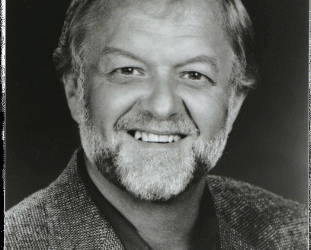
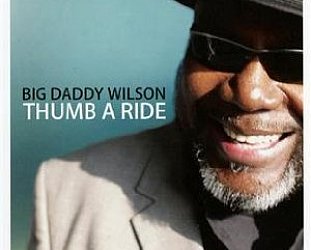
post a comment